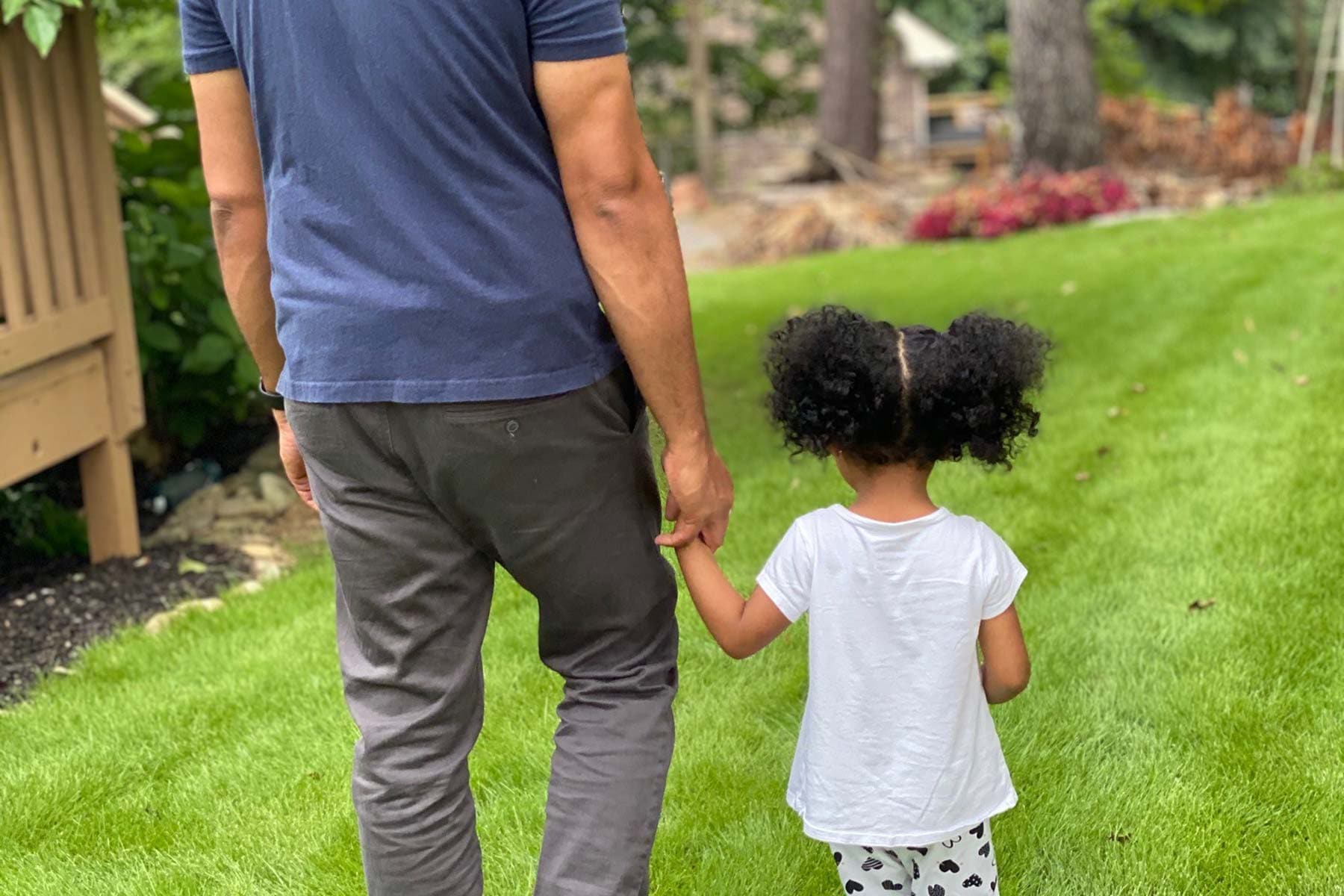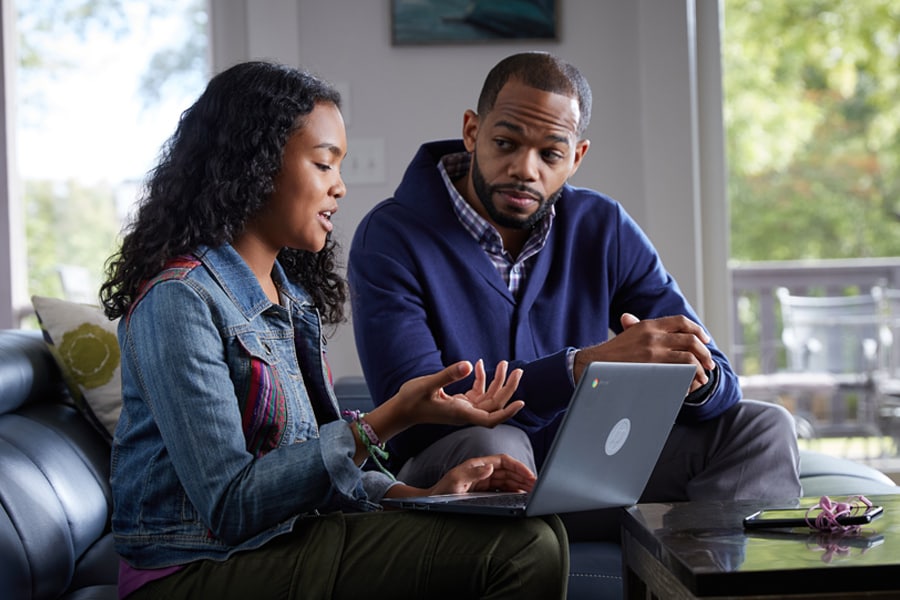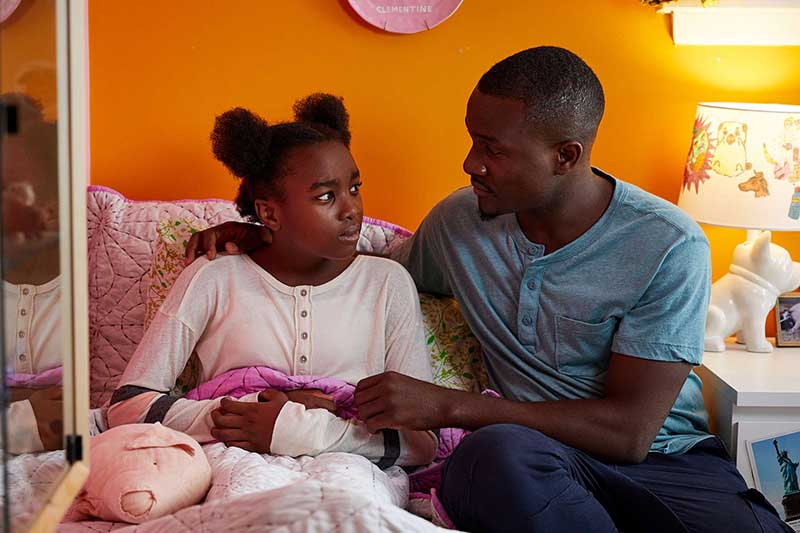Talking to Kids About Racism and Discrimination
Whether we are aware of it or not, racism shapes, affects and impacts all of us in different ways.
Talking about racism is uncomfortable, but recognizing and talking about our own biases—and other people’s biases—is the only way to make change. Whether you’ve been talking to your kids about racism for years or you are just starting to, it’s a conversation every family should be having.
There’s no one way to have the conversation, but here are some tips to use when you do talk with your kids about racism.
In this article:
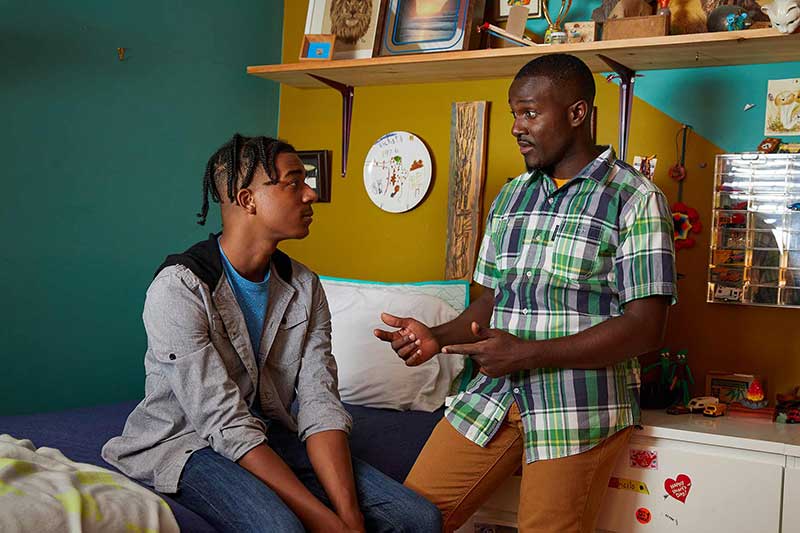
Continuing the conversations about race
Whether your child is experiencing racism firsthand or has questions about it, this is not a simple, one-time conversation. Continue to speak with your child about racism long after the news coverage ends. Give your kids ongoing opportunities to ask questions to better understand the world around them.
At the same time, be a good role model for your kids by continuing to take an active role in fighting racism, through self-reflection, conversations, exposure and collaboration.

Why you shouldn’t avoid talking about race
You don’t have to wait for your kids to start asking questions about race to talk about it. In fact, avoiding conversations about race and racism can make some kids think it’s not an appropriate or important topic. This is one way not talking about race reinforces racism.
If you’re not talking to your kids about race and discrimination, they will get the information (or misinformation) in other ways.
While it’s natural to avoid things that are uncomfortable, it’s important to have these tough conversations. Kids need to learn that race is something that should be recognized and talked about, even if it’s hard.
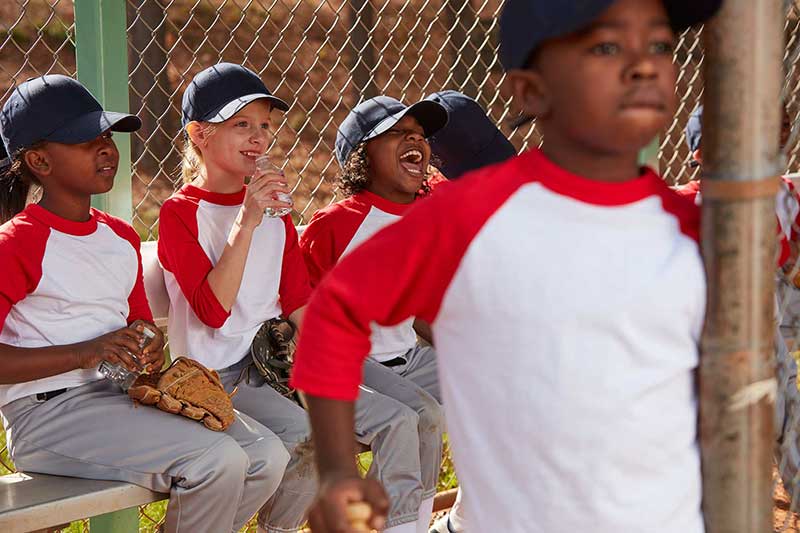
Why “not seeing race” can be harmful
Even with the best of intentions, teaching kids to ignore differences, or to be “colorblind,” can do more harm than good. Although people should be treated equally, regardless of their race, religion, gender, sexual orientation, etc., that’s not always the case.
- Kids do see race and they do notice physical differences. Teaching kids not to see those differences can be confusing.
- Not seeing or recognizing race doesn’t teach kids the truth about the pain and suffering racism and discrimination cause.
- Race and ethnicity are often central parts of people’s identities, behaviors and beliefs. Ignoring someone’s race is ignoring part of their identity.
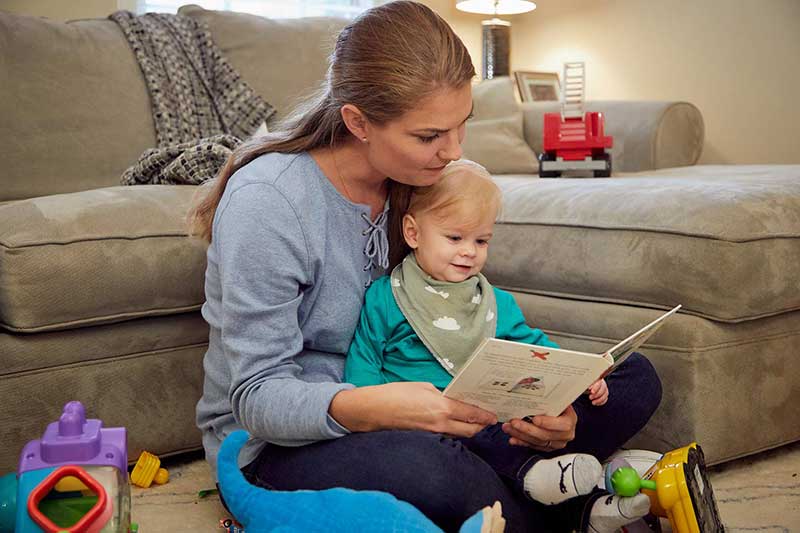
Explaining racism to kids
Start talking about race as early as you can. Kids are never too young to learn about race and discrimination. In fact, studies show that some babies can notice and distinguish different skin tones at as young as 6 months old. By age 5, some children can recognize that people of different races are treated differently.
Be open about how sometimes people are treated differently and wrongly based on the color of their skin.
Teach children to recognize and celebrate all kinds of differences. Instead of ignoring our differences, recognize and celebrate them. Race is only one part of the equation. Celebrate different religions, genders, languages, ages, abilities and more.
Keep conversations developmentally appropriate, simple and honest. Be as clear as possible, and don’t give your kids more information than they can handle.
For younger kids, try to include diversity in their everyday routines:
- Read children’s books that address race.
- Introduce diverse characters, dolls and toys.
If you have older kids, try doing some research together.
Give kids opportunities to ask questions. Asking questions helps you understand what is on your kids’ minds and allows you to correct any misinformation. It’s OK if you don’t know the answer to a question. Be honest and take the opportunity to learn more.
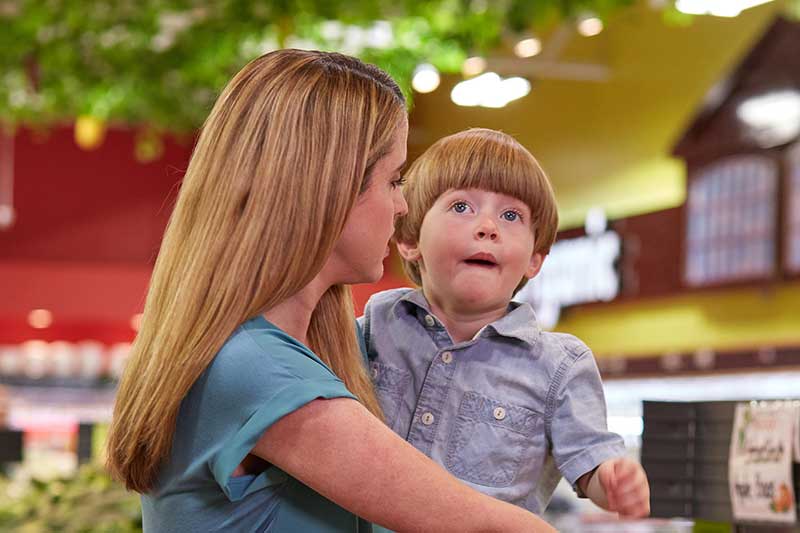
Encouraging curiosity and talks about race and discrimination
We’ve all witnessed a young child make a loud comment about someone in public. It’s uncomfortable. And, if it’s your child, you’re probably embarrassed. While your first instinct may be to shut it down right away, that teaches kids that these types of conversations are off-limits. Try to remember that kids are still learning and making sense of the world around them.
Instead of cutting off the conversation, let your child know it’s good to be curious and to ask questions about things they don’t understand. But, at the same time, let them know there are more appropriate ways to learn about something.
Be supportive. Kids are going to have questions, and you won’t always be prepared. Try to:
- Follow their lead.
- Listen without judgment.
- Be open-minded.
- Be there for them.
Ask open-ended questions. If your child says something insensitive, try not to react strongly. Instead, ask open-ended questions. Try to get a better idea of what is influencing their thoughts. Knowing where their ideas and questions are coming from gives you a better sense of how to handle the situation.
Teach kids how to ask questions in appropriate ways. An honest question may seem impolite if it isn’t asked in the right way. Instead of only telling kids what not to do or say, teach them what to do by showing them how to ask questions in more thoughtful ways. For example, if your child sees something they don’t understand, encourage them to use phrases and questions such as, “I want to understand…” or “Can you tell me more about that?” This approach shows that your child is coming more from a place of curiosity than of judgment.
Teach kids to recognize and respect boundaries. Even if a question is asked in a kind way, it’s OK if the other person is not comfortable having the conversation or answering the question. Let your child know that, by saying they don’t want to talk about something, the other person is setting healthy boundaries. We all have a right to both physical and emotional boundaries, and it’s not rude to calmly ask someone to respect them.
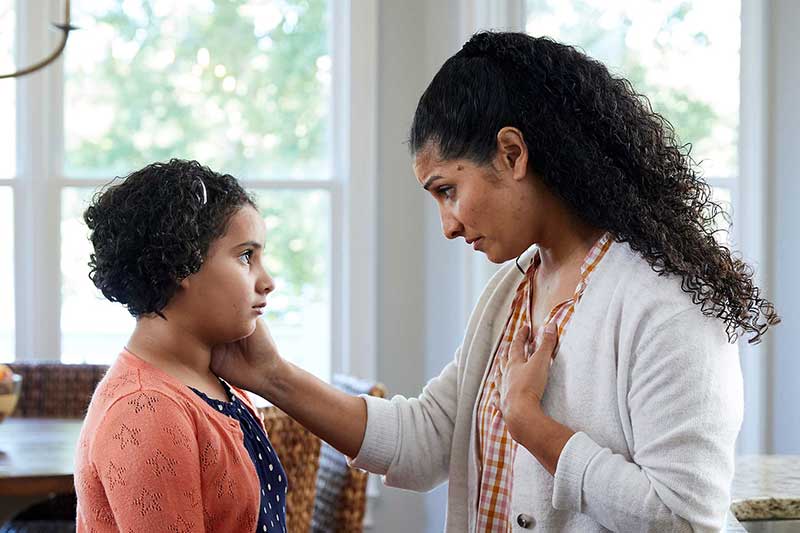
Discussing feelings about racism and offering reassurance
Ask about feelings. Talking about racism may feel overwhelming and upsetting for children. Racism is not simple, and it’s not fair. Your kids may feel hopeless. Your kids may not know what to do or how to make things better for themselves or for others. Give older kids who are exposed to more news and social media a chance to share what feelings are coming up for them. Their feelings may surprise you.
Validate and normalize feelings. Whatever your kids feel, those feelings are real to them. Let them know that you understand how they feel by repeating back what they share (without judgment) and saying that it is normal to feel that way.
Offer reassurance. Offer hope that things can get better without lying or misleading. Be honest about the current reality, but also reassure your kids by helping them focus on things they do have control over:
- Ongoing curiosity and learning
- Open-mindedness
- Awareness
- Ability to continually work toward change
For kids who are experiencing racism or are feeling fearful, be honest and direct with them about how to stay safe and take care of their emotional well-being.
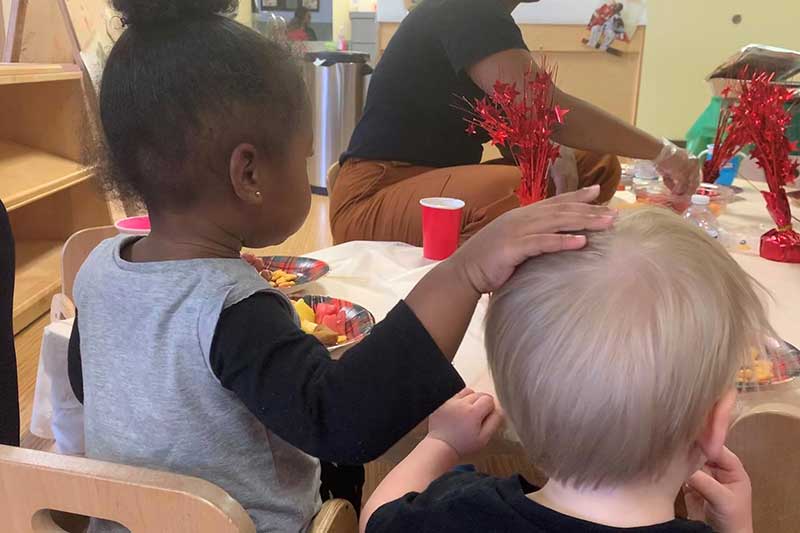
Leading by example
Be aware of your own biases. The first step in being a good role model is to be aware of how you behave and what you believe. Be aware of your own biases and actively work on addressing them. Educate yourself.
Some studies show that parents’ efforts to address racism with children can fail if adults don’t address their own biases first. Kids are smart, and they watch what the adults around them do and say. It’s easy for kids to pick up on, and adopt, subtle hints of prejudice.
Expose your family to diversity. It’s hard to understand racism if everyone around you looks the same. Expose your kids to different people, cultures and communities. Expand your family’s awareness and help your kids to learn through experience—not just conversation.
Use everyday activities to learn. For young kids, it can be as simple as making sure there is racial diversity when it comes to the books, toys and other media they are exposed to. While this is helpful for all races, it’s especially important for white children to see people of color depicted in positive ways.
Celebrate diverse heroes. Share the amazing stories, contributions and innovations of people of color. Encourage your kids to make observations and ask questions. You are role modeling that it’s OK to talk about race.
Be assertive, not passive. If you see or hear something racist, directly address it. Model for your kids how to calmly speak up in respectful and safe ways.
Treat people with kindness and respect. We can’t expect kids to be kind and respectful of others if we don’t model it for them.
Own your mistakes. If you do or say something offensive, acknowledge it right away and show your kids how to make it right. Kids benefit from seeing that parents are human and that it’s OK to admit that you were wrong.
